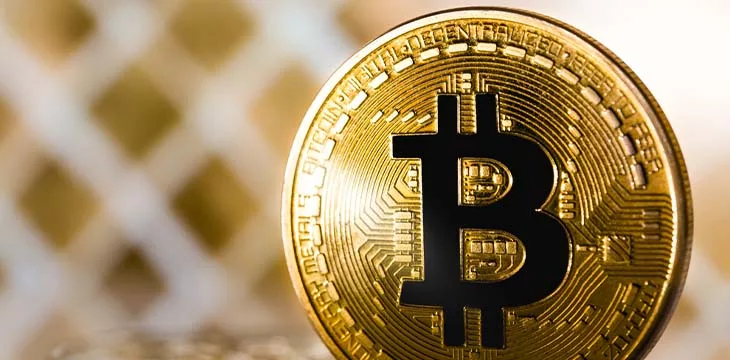Why the ECB thinks Bitcoin is unlikely to be the holy grail of cross-border payments
The European Central Bank (ECB) believes that Bitcoin and other crypto-assets are not suitable means for cross-border payments. Instead, the central bank argued that central bank digital currencies (CBDCs) could develop into “the holy grail of cross-border payments”, or a solution that allows payments to be instant, cheap, universal and settled in a secure settlement medium.
ECB in search of ‘holy grail of cross-border payments’
The ECB has recently published a research paper entitled “Towards the holy grail of cross-border payments”, which attempts to identify the best cross-border payment solution. The newspaper claims that the search for such a solution is as old as international trade, and argues that this holy grail can be found within the next ten years.
“The holy grail of cross-border payments is a solution that allows cross-border payments to be immediate, cheap, universal and settled in a secure settlement medium,” the ECB defined this sought-after payment solution. The central bank said that the search for such a solution has intensified in recent years.
For example, the G20 recognized improving cross-border payments as a key priority in 2020. At the time, the forum asked the Financial Stability Board (FSB) to work with the Committee on Payments and Market Infrastructures (CPMI) and other standard-setting. bodies and coordinate and continue the search for a faster, cheaper, more transparent and more inclusive payment solution across national borders.
Mentioning this, the ECB claimed “it is time again for strong measures to improve cross-border payments” and to find the holy grail of payments. In this mission, the central bank explored several candidates, which included banking services, cross-border FinTech solutions, Bitcoin, stablecoins and CBDCs, among others.
The paper concluded that “the interconnection of domestic payment systems and the future interoperability of CBDCs are the most promising avenues,” but argued that these solutions require strong progress to comply with AML/CFT regulations. As reported, SWIFT is also exploring connecting multiple CBDC networks for faster and cheaper cross-border transactions.

Join our Telegram group and never miss a story about digital values.
Why does the ECB think that Bitcoin is not a suitable payment solution?
While talking about Bitcoin, the ECB claimed that a major drawback of Bitcoin is the settlement mechanism. Bitcoin transactions usually take anywhere from 10 minutes to 1 hour. That’s because a Bitcoin transaction is confirmed when it’s combined into a block, and a new block is added about every 10 minutes.
When a transaction requires multiple confirmations, it will take longer. For example, Coinbase requires three block confirmations before a final BTC transaction is considered. Since each confirmation takes around 10 minutes, it takes around 30 minutes for a BTC transaction to be considered final on Coinbase. The ECB said:
“Since settlement in the Bitcoin network only happens around every ten minutes, valuation effects have already materialized at the moment of settlement, making Bitcoin payments actually more complicated.”
The central bank added that Bitcoin’s underlying technology, or its proof-of-work mechanism, “is inherently expensive and wasteful.” However, it failed to consider Layer 2 solutions such as the Lightning Network that improve network performance while reducing costs. Other noted disadvantages were lack of regulatory oversight and price volatility.
Economy is changing.
Find out how, with Five Minute Finance.
A weekly newsletter covering the major trends in FinTech and decentralized finance.
What is the holy grail of cross-border payments in your opinion? Let us know in the comments below.
About the author
Ruholamin Haqshanas is an accomplished crypto and financial journalist with over two years of experience writing in the field. He has a solid grasp of various segments of the FinTech space, including the decentralized iteration of financial systems (DeFi), and the emerging market for non-fungible tokens (NFT). He is an active user of digital assets for money transfers.


